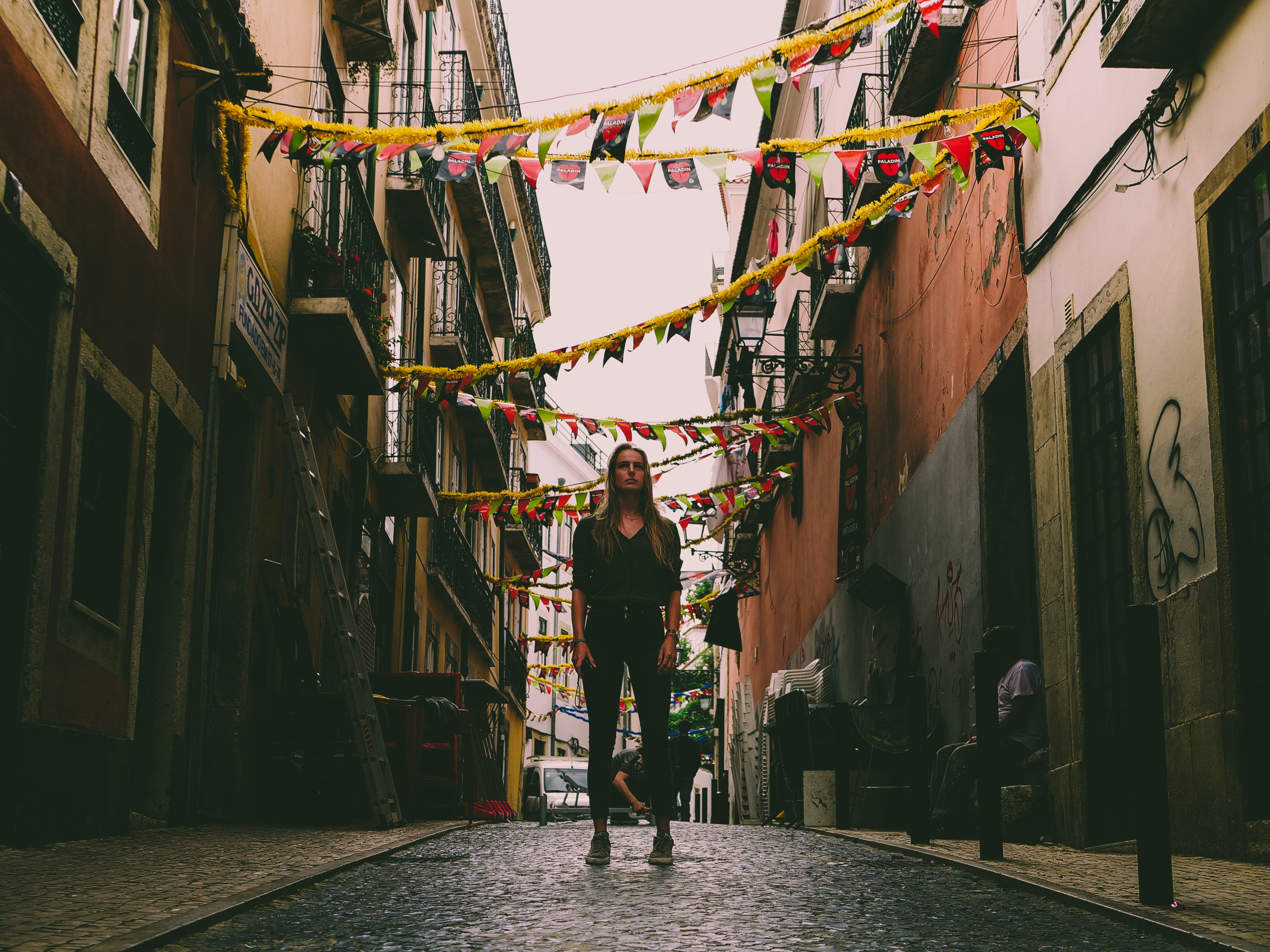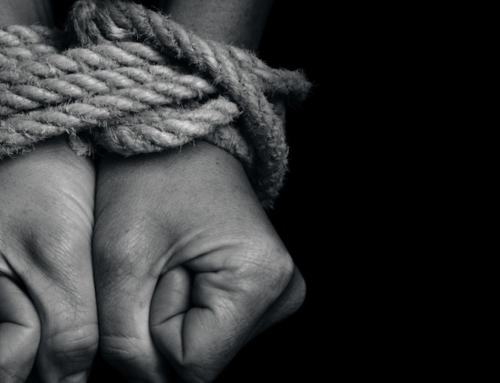When Ellyn and I first went to Peru, it wasn’t to be leaders or non-profit directors. It wasn’t even to work in anti-trafficking. We went with a simple purpose. We knew there were girls that lived on the streets of Lima, and we wanted to help. So, we did what any young person that has no idea what they’re doing does. We walked aimlessly around the city looking for girls on the streets we wanted to help. While doing so, we found none of the girls we were looking for.
Instead, that first night, we found about 15 girls being purchased by men in taxis. A taxi would pull up and the driver or a man in the back seat would raise his hand while looking at the girl he wanted, looking altogether much like a man at a live auction house that bids when he sees the particular piece of meat that makes his mouth water. The girl, let’s call her Britni, would then perk up as if she had been chosen for the most amazing romantic evening of her life, and ride away with the man into the night, arms around his neck. A relatively short time later, she was brought back in a different taxi to her spot, where she would continue this cycle for the rest of the night.
Britni is 15.
She works this street every night. When I first saw this exchange, I considered her a prostitute, not in a judgmental or insulting way, but rather because I had no other words and assumed, quite naively, that she chose this “work” for herself because of poverty or hardship or other such nonsense. I knew nothing about her.
The next time we visited her, she had a bag in her hands. In the bag was glue. In the glue was escape. This night, each time a taxi driver would pull up as usual, she would breathe deeply in her bag and pass it to one of the other girls before pulling up her smile and getting into the car. I tried to talk to her this time, but her eyes were glazed and nothing I asked or said could provoke a coherent response. I hoped that next time she would be clear-headed enough for us to have a conversation.
A week later, we came back to visit. When we arrived, she was being yelled at by her “Mami,” a woman who had aged out of “the life” and become a manager of sorts. Her Mami took a wad of cash from her and told her to get back to work. She began to cry the way a cloud might before it rains. This time I took a bucket and made a makeshift table for Britni and offered her food and drink. When she accepted, we literally broke bread together and talked. She told me of the mountains, where she came from. She explained that she came to the city a few years ago looking for work. Her eyes focused out into the distance as she chewed on her bread. She said she imagined her family misses her. My wife and our 5 team members were having similar experiences with the other girls available that night.
Britni is 15.
The next time Ellyn and I went to the states, we planned to attend an anti-trafficking training program offered by Out of Darkness in Atlanta. I didn’t have the trafficking lingo yet. I didn’t know what Jons or Natashas were. I didn’t know what “the life” was. I knew Britni.
When at the training, one of the Out of Darkness workers started a conversation with me and asked me my story. Right as I started my story, I ashamedly stopped when I called them prostitutes. I humbly admitted to the worker that I was new to this and didn’t really know what to call them. All I knew was that Britni was absolutely not a prostitute. The worker kindly responded, “We just call them the girls.”
Britni is a girl.
Before that moment, I had tried to look for the words to describe their way of life so that our supporters would know who we were helping. However, when I actually met Britni, my vocabulary wasn’t big enough to fit her life into a word. Prostitute was altogether wrong, and Victim didn’t do justice to a young girl of such strength and determination. I didn’t know that I didn’t have to have a special vocabulary to describe Britni. I don’t have to describe her life for you to know who she is.
Britni is 15. Britni is a girl. Britni is broken yet remains strong. Britni has hopes and dreams, passions and desires. Britni has the potential to change the world. Britni is a child of God.
Yet…
I called her a prostitute until I met her.
Perhaps we should stop trying to define the people that we wish to help. I believe we may be better able to help someone and understand their plight if we would just sit down, serve them, and talk. How can I understand the need of 15 girls when my vocabulary requires me to categorize them? Are some victims? Are the rest prostitutes?
If I humble myself, all I really understand is that Britni is a young girl who needs my help. She needs your help.
Is there anything else we need to understand about her before we act?
ACT NOW by giving to support our anti-trafficking efforts in Peru.




Leave a Reply